Delaware Anual Report Due March 1st
As March 1st approaches, many Delaware Corporations are still to file their annual report and pay their franchise tax.
If a Delaware corporation fails to file its annual report or pay its franchise tax, there are several potential consequences, including:
LATE FEES
Delaware imposes late fees for corporations that fail to file their annual reports on time. These fees can accumulate over time, increasing the financial burden on the corporation.
LOSS OF GOOD STANDING
Loss of Good Standing: Failure to file annual reports can result in the corporation losing its good standing status with the state of Delaware. This means the corporation may lose certain privileges and protections afforded to businesses in good standing, such as the ability to sue or be sued in Delaware courts and protection against personal liability for corporate debts.
ADMINISTRATIVE DISSOLUTION
Administrative Dissolution: If a corporation remains delinquent in filing its annual reports for an extended period, the state of Delaware may administratively dissolve the corporation. Administrative dissolution effectively terminates the corporation's existence as a legal entity, which can have serious implications for its ability to conduct business, enter into contracts, and maintain assets.
INABILITY TO CONDUCT BUSINESS
Once a corporation is administratively dissolved, it may not be able to conduct business legally until it reinstates its corporate status by filing any outstanding annual reports and paying any associated fees and penalties.
PERSONAL LIABILITY
Directors and officers of the corporation may face personal liability for failing to fulfill their legal obligations, including filing annual reports. This can expose them to lawsuits at a and other legal consequences. Under the United States Supreme Court case of Providence Steam-Engine Co. v. Hubbard, depending on the statutory framework, the resident and secretary of a corporation’s failure to make an annual report showing the condition of corporate affairs, makes such officers personally liable for debts contracted by the corporation during the periods of their neglect to file the reports, the officers are responsible for their neglect while they remain in office and continue to be liable for those consequences after going out of office. Also on the case of Chase v. Curtis (4525 S.Ct. 554), the Supreme Court of the United States provided that if corporations of a certain kind fail to file reports within a certain time of their capital and debts, the trustees shall be personally liable for all the debts of the corporation then existing, and for all that shall be contracted before the making of the report, is penal in its character.
ADMINISTRATIVE DISSOLUTION
Terminates the corporation's existence as a legal entity, which can have serious implications for its ability to conduct business, enter into contracts, and maintain assets.
Inability to Conduct Business
Directors and officers of the corporation may face personal liability for failing to fulfill their legal obligations.
CIVIL PENALTY AMOUNTS
The Secretary may assess a civil penalty against a plan administrator of up to $1,000/day from the date of such plan administrator's failure or refusal to file the annual report.
Also on the case of Chase v. Curtis (4525 S.Ct. 554), the Supreme Court of the United States provided that if corporations of a certain kind fail to file reports within a certain time of their capital and debts, the trustees shall be personally liable for all the debts of the corporation then existing, and for all that shall be contracted before the making of the report, is penal in its character.

